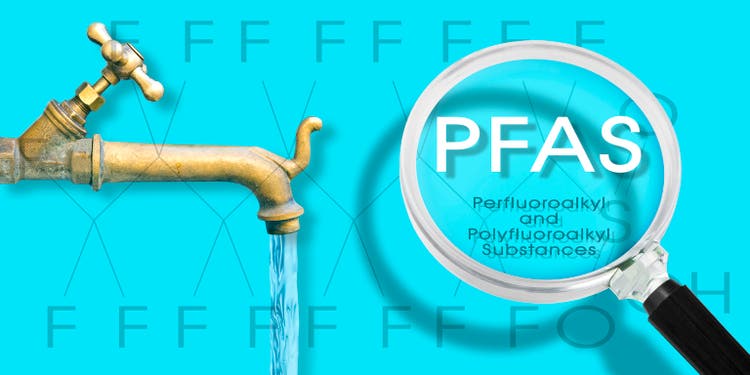As the Trump administration continues its efforts to dismantle diversity, equity, and inclusion programs (DEI) in the public and private sector, many large companies are responding by changing the language they use. But that backpedaling won’t save them from ongoing anti-DEI critics, says Stacey Abrams, and could have deeper repercussions for their programs.
“They are not mad about the letters, they’re mad about the mission. And unless you are changing your mission, you will not ease the attack,” said the former gubernatorial candidate for the state of Georgia on a panel at NYU School of Law on July 11. Abrams now runs America Pride Rises, an organization dedicated to defending and expanding DEI goals.
A corporate DEI rollback began two years ago when the Supreme Court struck down affirmative action. Some companies like Tractor Supply cut their programs entirely, while others like Harley Davidson and Deere and Co. changed part of their programs. The backlash against DEI reached new heights when Trump took office earlier this year. In one executive order, he ended DEI programs in the federal government. In another, he targeted DEI in the private sector, singling out federal contractors in particular. The executives moves has created a major chill in corporate America, as executives try to stay out of the crosshairs of the president.
Around 78% of C-suite leaders say they’re rebranding DEI programs with new language, switching to terms such as “employee engagement,” “workplace culture,” “fairness” and “belonging,” according to a recent survey of executives with active workplace inclusion programs from nonprofit Catalyst and the NYU School of Law’s Meltzer Center for Diversity, Inclusion, and Belonging. Another study found that the use of terms like “DEI,” “diversity,” and “inclusion” in Fortune 100 SEC filings and earnings calls from 2023 to 2024, decreased by 22%. Over the same time period, instances of more neutral language like “merit” and “belonging,” rose 59%.
Abrams argues that swapping out some words for others creates a major distraction, and serves as a first step towards changing the overall goals of these programs. “It fractures us, and it creates an internal set of dynamics, an internal set of debates, that allows them to distract us from where the real attack is coming from,” she said. “When we’re fighting over whether we add letters, or take letters away, or rearrange the letters, we’re not arguing about the mission.”
Despite the spate of DEI rollbacks, and the backtracking on language in particular, Abrams is adamant that these policies are alive and well, although she is clear eyed about what advocates are up against.
“DEI is not dead; it’s not even on life support,” said Abrams. “What it is is under assiduous and aggressive attack because they think that if they can fracture our attention, they can win their fight.”
This story was originally featured on Fortune.com

 2 hours ago
1
2 hours ago
1







 English (US) ·
English (US) ·